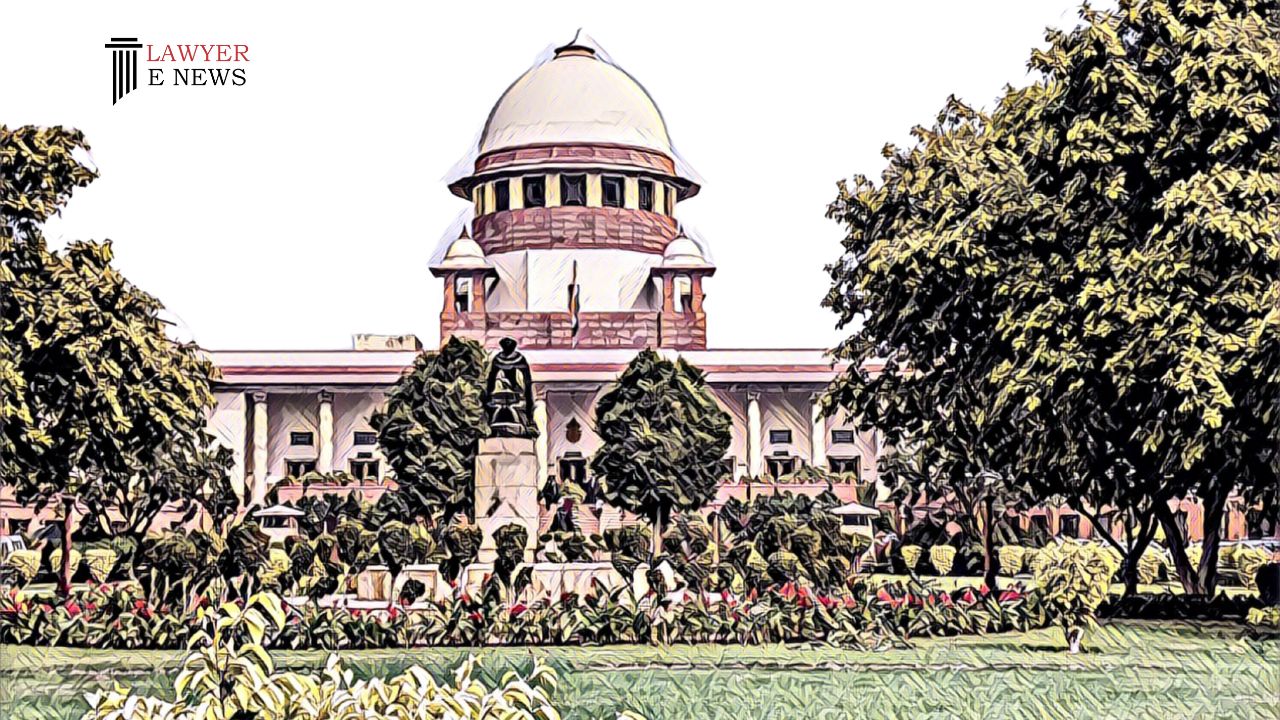-
by Admin
16 February 2026 10:43 AM



In a significant judgment, the Supreme Court of India today overturned the conviction of Mohd. Jamil (A2) under Section 302 of the Indian Penal Code (IPC), while maintaining his conviction under Section 323 IPC. The apex court, led by Justice Prashant Kumar Mishra, critically examined the credibility of witnesses and the quality of evidence presented in the case, leading to this landmark decision.
The case, originating from an incident on January 9, 1999, which resulted in the death of one individual, Akbar, and injuries to others, has been a subject of legal scrutiny for over two decades. Mohd. Yunus (A1), Mohd. Jamil (A2), Ghasita (A3), and Akhtar Hussain (A4) were the accused in this case. While the trial court initially convicted A1, A2, and A3 for offences under Sections 302 and 323 IPC, the High Court later acquitted A1 of the charges under Section 302, a decision that the State challenged.
In its detailed judgment, the Supreme Court noted significant discrepancies and contradictions in the testimonies of key witnesses. The Court observed, "For trial under Section 302 IPC, if a witness is branded as untrustworthy having allegedly twisted the facts and made contrary statement, it is not safe to impose conviction on the basis of statement made by such witness." This observation underlined the Court's decision to set aside the conviction of A2 under Section 302, emphasizing the importance of credible and consistent witness testimonies in criminal trials.
Moreover, the Court highlighted the absence of reliable evidence, particularly in the recovery of weapons allegedly used in the crime. The judgment stated, "Summing up the quality of evidence available on record, we have found that recovery of Kulhari from Mohd. Jamil (A2) and Lathi from Mohd. Yunus (A1) has not been proved." This lack of evidence played a crucial role in the decision to maintain only the conviction under Section 323 IPC for A2.
The Supreme Court's decision marks a significant moment in the Indian judiciary, reinforcing the principle that convictions must be based on reliable and corroborated evidence. This judgment not only brings a long-standing legal battle to a close but also sets a precedent for future criminal cases, highlighting the judiciary's commitment to upholding justice based on the strength of evidence and the credibility of witnesses.
Date of Decision: 12th January 2024
STATE OF HARYANA VS MOHD. YUNUS & ORS.
